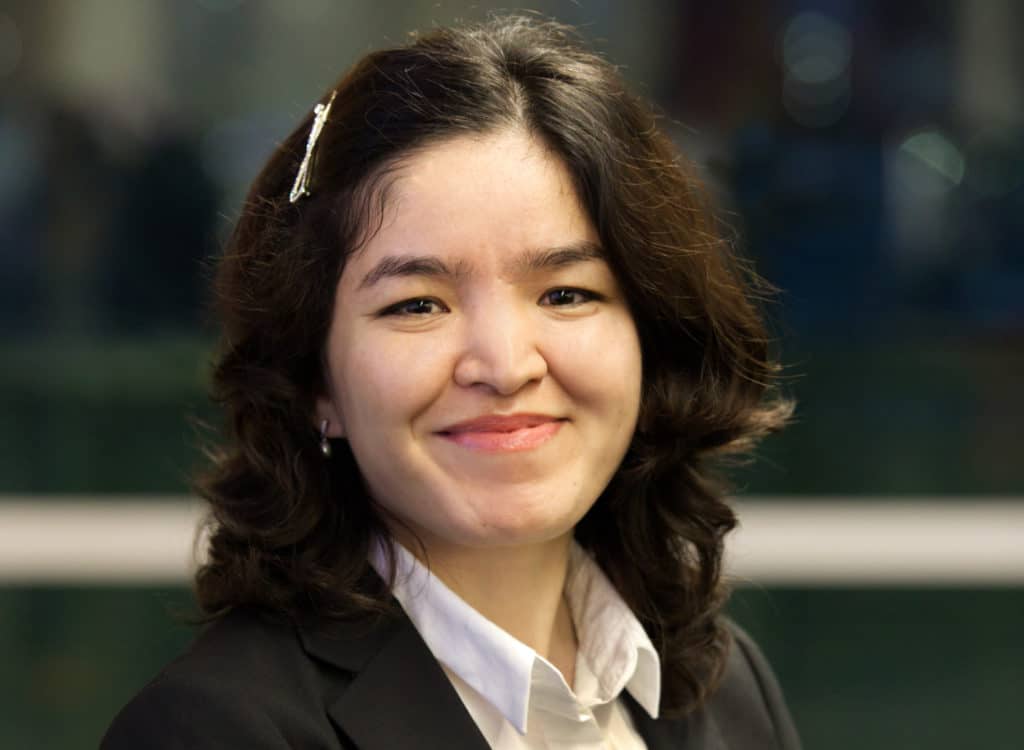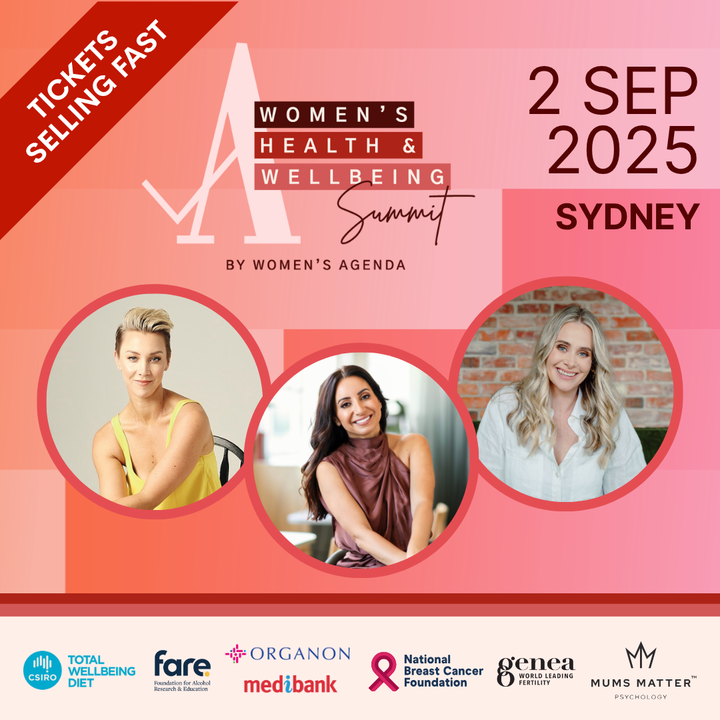I’m Sakina Amani, a freelance journalist from Afghanistan based in Melbourne.
I have worked with top national news outlets and reporters without frontiers in Afghanistan. I’m born in war and raised as a refugee. As of now, I admit that excluding five years in Afghanistan, I have spent most of my life in exile.
These five years build a connection between me and Afghanistan that I can never forget and still care about.
When I sat my national exam in Kabul in 2014, a young female student from Mazar e Sharif topped the highest scores from thousands of students.
We were young and excited for what was ahead. What professions would we enter, what further study would we do, how would we help build a new Afghanistan?
It was not the first or last time a young woman achieved the highest score in the exam known as the Kankor, but sadly I am now wondering if we will ever see it again.
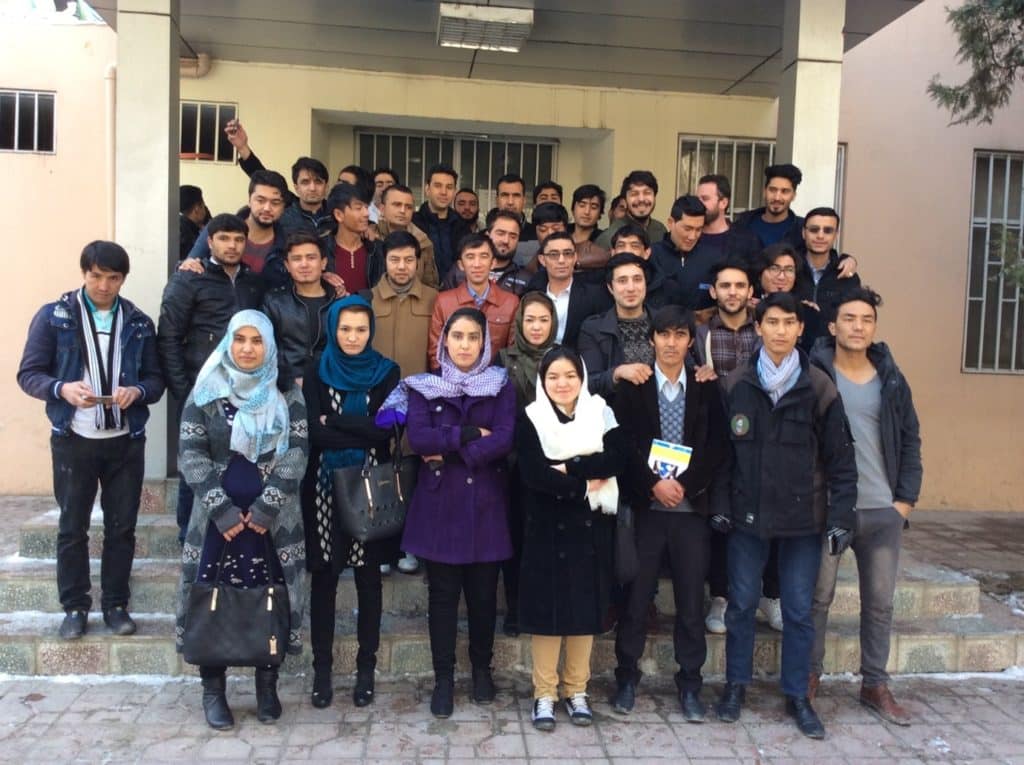
There isn’t any place in Afghanistan for women under the Taliban’s Sharia – women are isolated in their homes, must obey their husbands as master, and produce many children. If you’re female, even the most basic human rights do not exist.
This hit home for me – and for every woman from Afghanistan around the world – this week reading the news headlines.
“Taliban bans women from Afghan universities,” screamed the headline. And right next to that, another read: “Penny Wong visits China.”
What a contradiction. One about a senior political figure representing Australia on the international stage; the other questioning a woman’s right to participate in public life in any form.
It broke my heart again.
Though I was raised as a refugee in Pakistan since the Taliban’s first term, I returned for my higher education in Kabul the capital.
Those years were full of opportunities for everyone from all walks of life. Nothing was impossible if wished with the right strategy and planning.
There were courses for upskilling and career development, cafes for building friendships and professional communications, festivals for celebrating different cultural occasions and even holding national and international conferences about various topics.
In every social conversation, educated people were using lines from popular world books in different areas.
Though people didn’t have access to world class library and facilities, but they would try to update themselves from one or two translated books.
Some students were much talented and creative if they would have the right channel with a guaranteed future.
But hope was the only thing that would keep people alive and motivated. Everything was in progress.
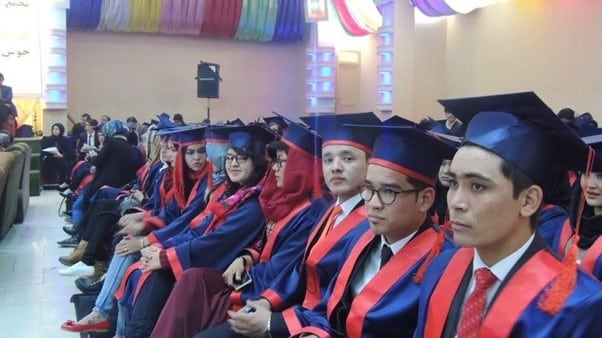
Overall, if one could exclude war from Afghanistan’s history, it would be like any Asian peaceful country but with high stakes in regional and international levels.
Still with all its issues, it wasn’t a strange and isolated geography. But home to everything global even if embraced just theory to some stages.
For some diasporas, Kabul is still their dream world. Though standing next to Times Square in New York or Eiffel tower in Paris.
They are suffering and thriving for achieving it back through poetry, memoir and writing their nostalgic thoughts through social media and other platforms.
During my studies at Kabul university, I experienced “Penny Wong”-like moments, too. Moments that gave pride, value, power and authority to women. I was a class representative for almost 150 students. I was a leader and change-maker for students both on campus and within the student hostel.
I was also a social activist outside of campus, publicly debating the hot topics of the day related to Afghanistan in general and Kabul specifically – politics, foreign affairs, economy, human rights, pollution and so on.
When I started working in journalism, my connection with Afghanistan deepened. That’s why I refused to study abroad, even when offered full scholarships.
Afghanistan allowed me to do anything I desired. I was writing and producing content with no interference. I was hanging out with my male friends freely – laughing, singing, dancing and chatting.
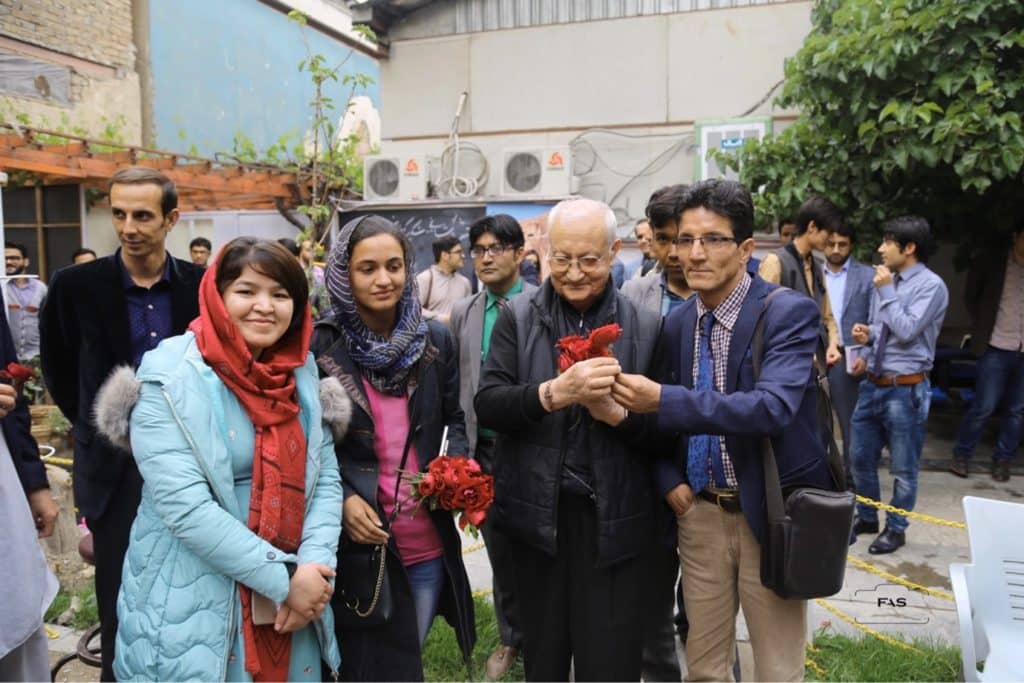
Though Kabul wasn’t safe at night, I once walked with a female friend at 3am from the east to west of Kabul. In my working life, I could go anywhere I needed and was never ignored or talked down to when interviewing men in the street.
In those days, women were part of everyday life. From politics and decision making to academics and social institutions. Women could argue in civil society, women could write poems and newspaper columns, women could sing and dance and women could teach in educational institutions.
It was an embarrassment for a young girl not to seek higher education. In every formal and informal greeting asking about one’s qualification was a must. Even girls from rural parts of Afghanistan were travelling to Kabul and getting preparation for their national exam in years.
Sure, things weren’t perfect but they sure as anything were better than this.
The Doha peace agreement took Afghan women’s dreams and threw them into the hands of their enemy. Into the hands of terrorists.

